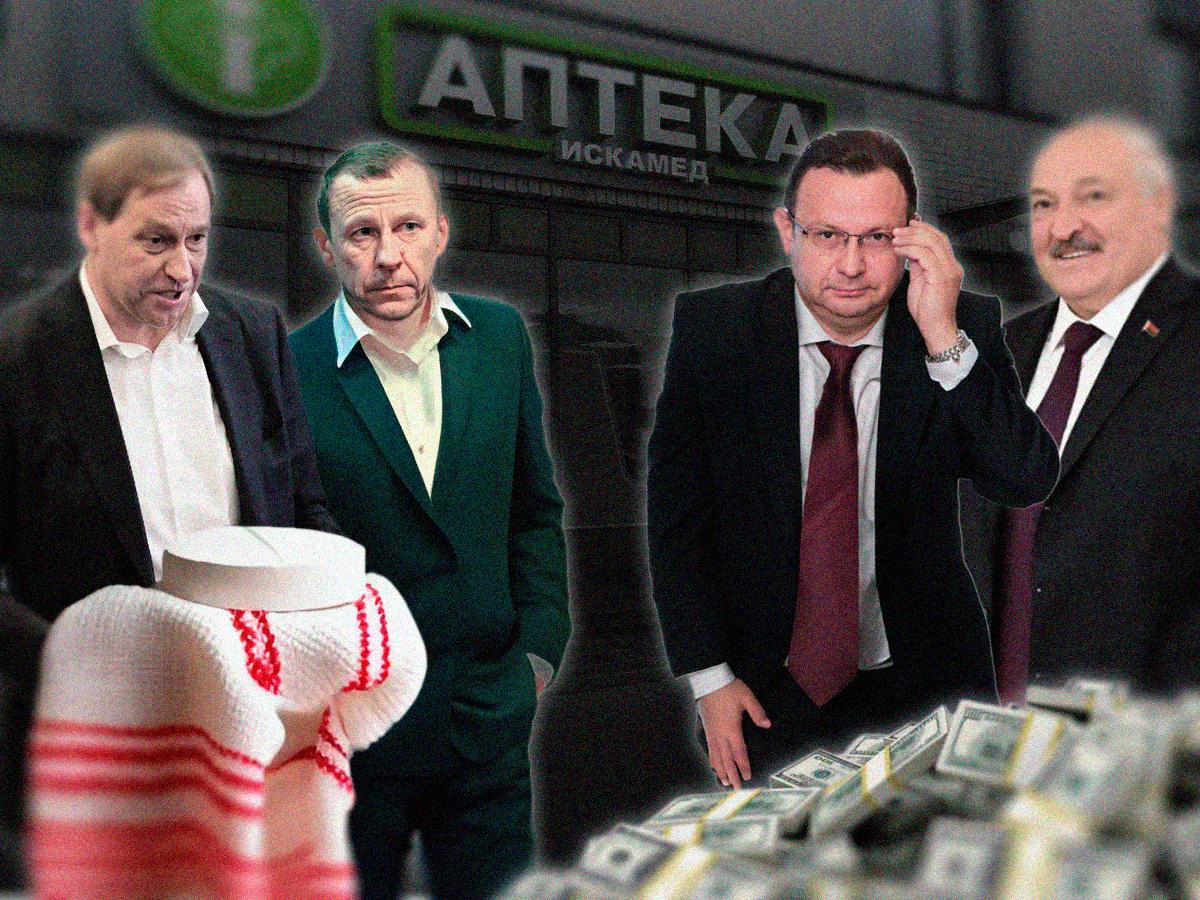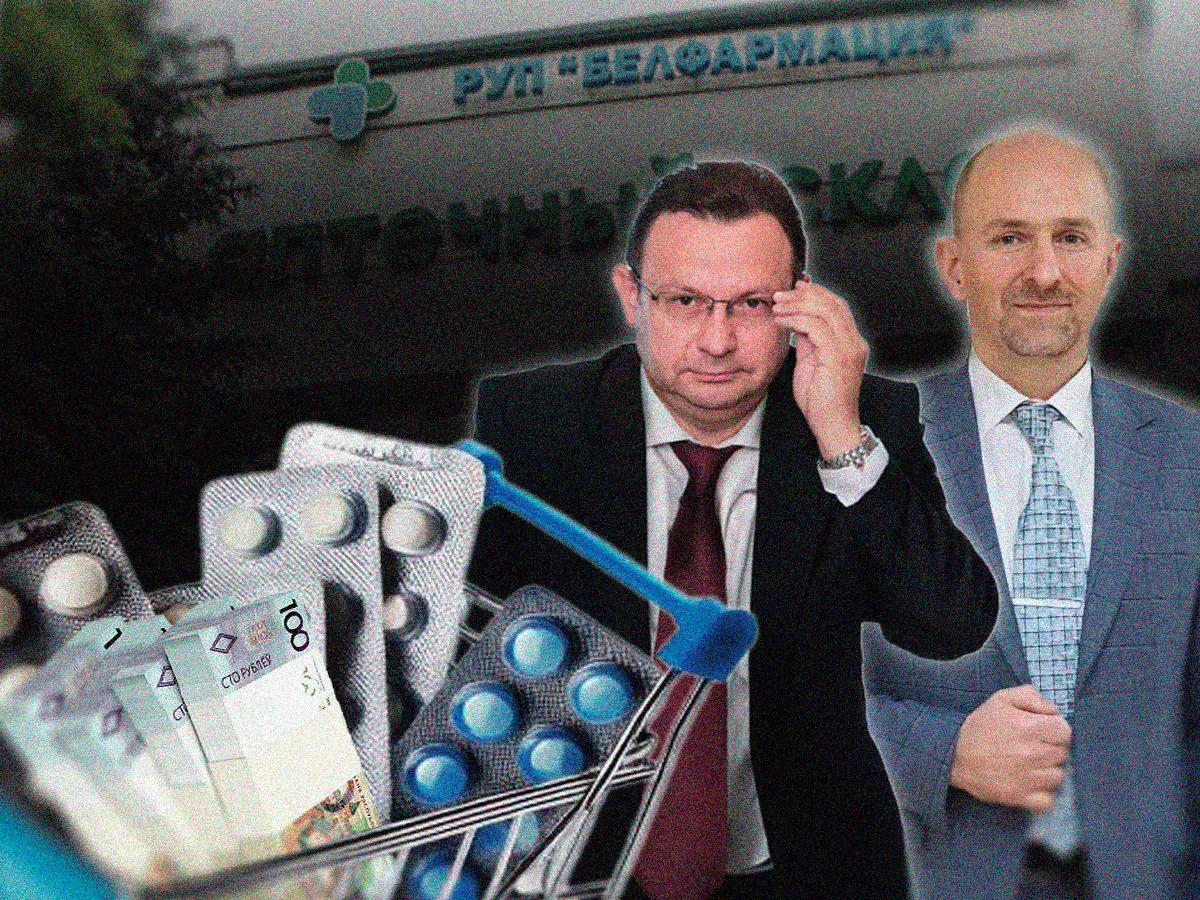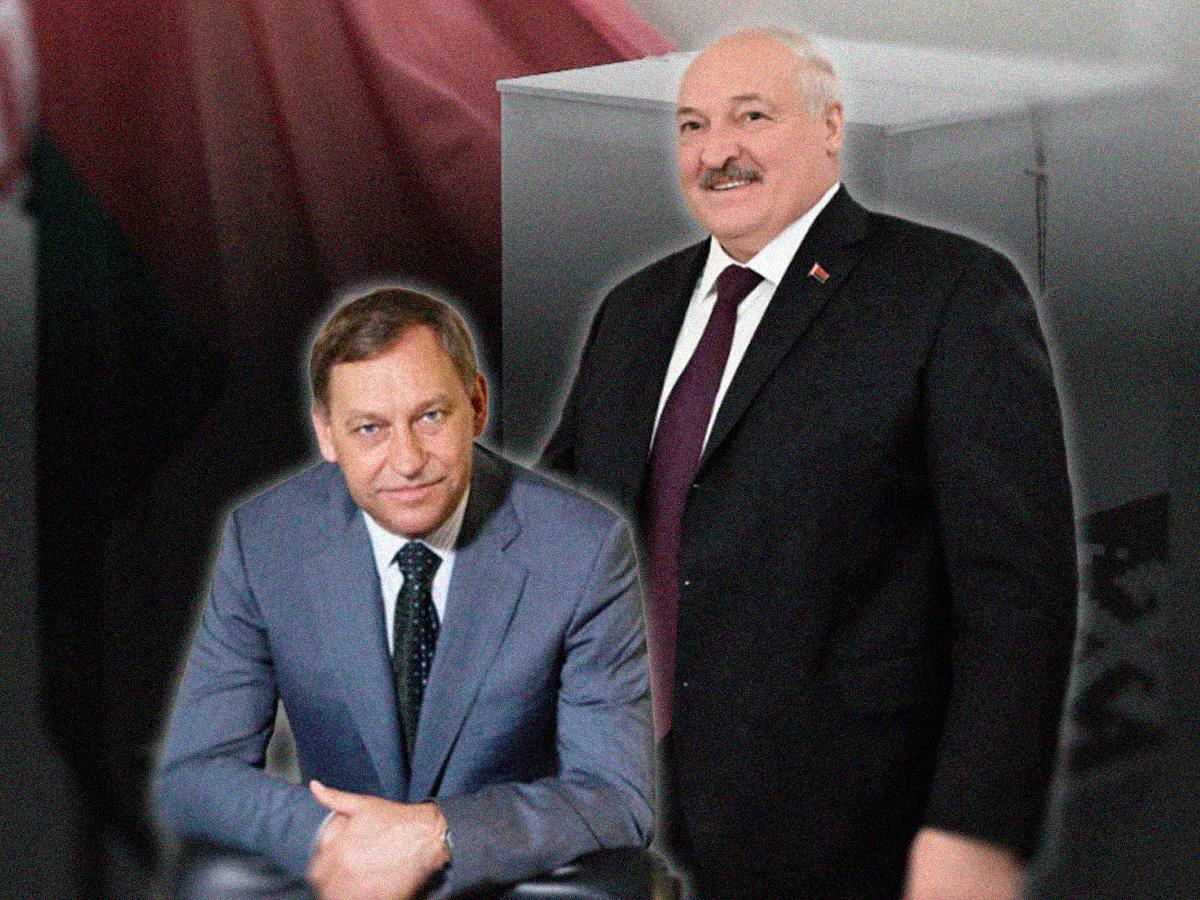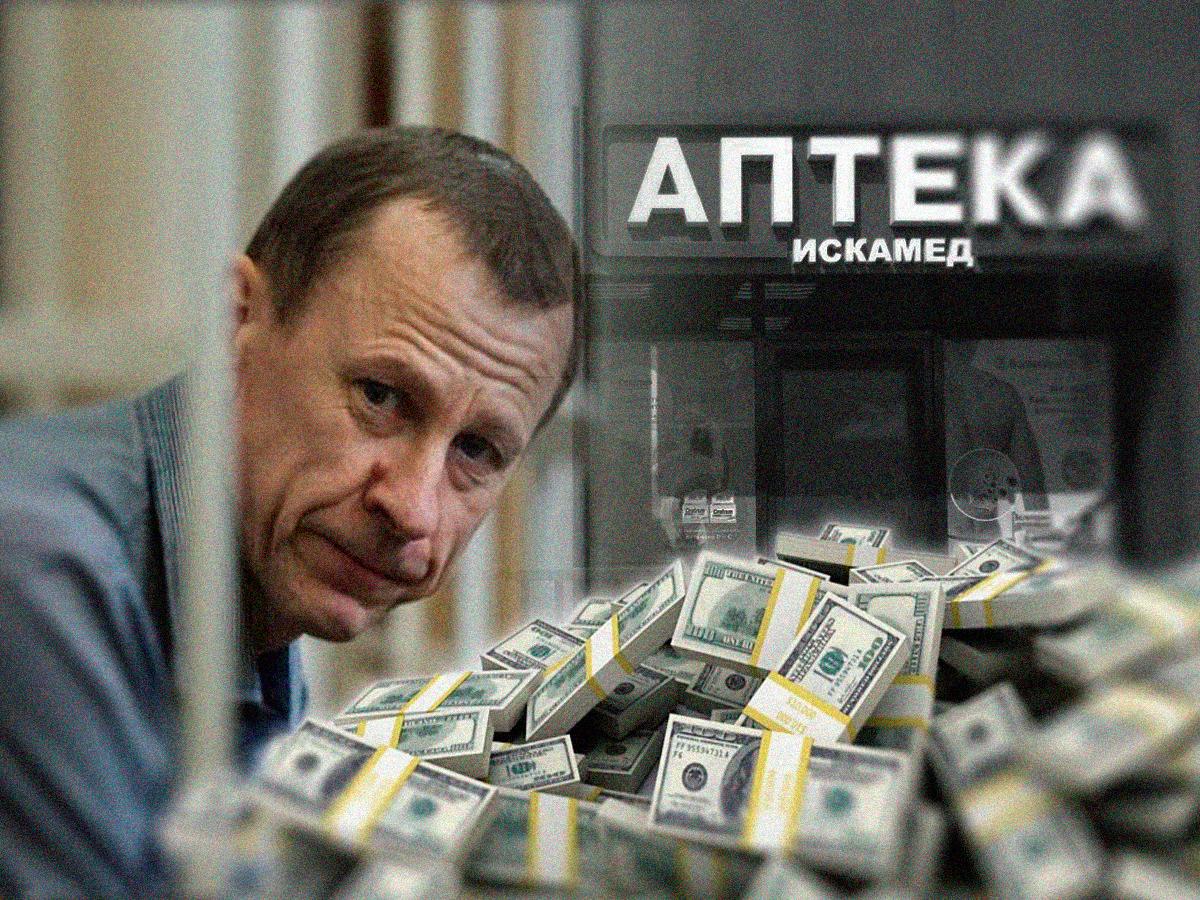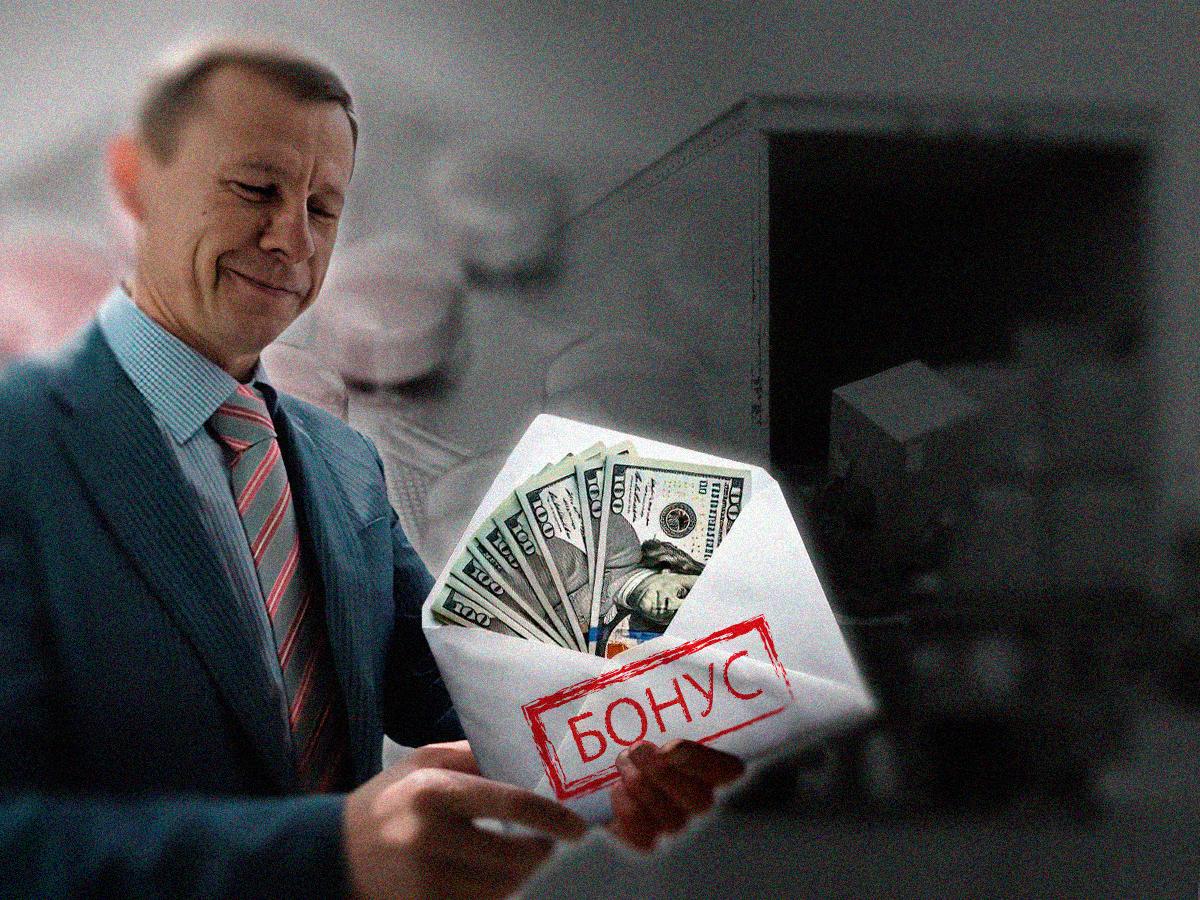This article was prepared with the support of activist group CyberPartisans and the ByMedSol Medical Solidarity Fund.
Regulated, but not really regulated
Prices for certain medicines in Belarus are increasing at a rate that outpaces inflation. According to Belstat statistics, the average price for 10 tablets to treat cardiovascular diseases increased by almost one-third between October 2023 and October 2024. Antitumor and immunomodulatory (immune system) drugs increased by 22%. General annual inflation in October 2024 amounted to 5.9%.
So-called “reference pricing” was supposed to help regulate drug costs. These measures were taken by authorities beginning in July 2023. This approach is based on comparing prices for drugs with the same active ingredient, pack size and dosage in the country of production and a group of similar countries. In Belarus, the comparison is with 13 countries, including Russia.
Since its introduction, reference pricing has not had a major impact on drug prices in Belarus. This is mainly because it only applies to drugs with 37 active ingredients in 83 pack sizes and dosages, and not to all medications. In most cases, these are not the most expensive drugs: amoxicillin and clavulanic acid, ibuprofen, lactulose, lisinopril, meloxicam and others.
Reference pricing was first introduced in Belarus in 2018, but was suspended in 2020, with the onset of the coronavirus pandemic.
Over the past 15 years, authorities have tried various methods of regulating drug prices, from conservative to radical. In 2009, then-Minister of Health Vasil Zharko signed a letter for legal entities and individual entrepreneurs licensed for pharmaceutical activities, in which he proposed to reduce wholesale price and trade markups on medicines. In 2010, the Ministry of Health and drug manufacturers signed a Memorandum on controlling drug prices.
In 2016, wholesale and trade mark-ups were decoupled from the dollar exchange rate and tied to the base value to make drug prices more affordable for the population. In February 2021, drug manufacturers were forced to reduce sale prices by 2%. On October 7, 2022, following Lukashenko’s directive “On the inadmissibility of price increases”, the Ministry of Health prohibited raising drug prices. Less than a month later, that moratorium was lifted. A few days prior, a new document obliged the pharmaceutical trade to reduce prices if exchange rates fell against the Belarusian ruble. Other measures have been taken.
Another reason why drug prices in Belarus may be higher than in reference countries such as Russia was voiced by Lukashenko himself at a meeting on pricing regulation in December 2023:
“I’ll tell you how the prices of imported medicines are calculated, and you’ll see how many straw companies there are, as I call them: sons, close relatives and mistresses.”
BIC’s investigation revealed that close familiarity with the source of the problem could have helped him identify its cause. We examined the list of major suppliers to the enterprises of state-owned chain Farmatsiya, which owns about 1,800 pharmacies in Belarus, and found two companies belonging to the brother of a Lukashenko ally.
Farmatsiya, which includes RUP BelFarmatsiya and six enterprises in each region, is subordinate to the Ministry of Health.
Its main task is to ensure the availability of medicines throughout the country. It purchases medicines and delivers them to government pharmacies, clinics and hospitals.
Expensive supplier
The BIC analyzed 97 deliveries for 2023 to Farmatsiya enterprises from TchUP Kapsifarm and OOO Iskamed. We found that Farmatsiya purchased certain drugs at higher prices than they are sold on the Russian government procurement market. The wholesale price of some were higher than retail prices in pharmacies in Belarus and Russia.
We found 10 more expensive drugs. Iskamed supplies Belfarmatsiya with the drug Kurosurf. It is used for preventing and treating breathing problems in newborns and premature babies. The cost of the drug in Russian government procurement in 2023 was about $200. At publication time, it could be found in Moscow pharmacies for 18,000 Russian rubles (about $170 at the exchange rate on December 3, 2024). In 2023, BelFarmatsiya bought Kurosurf at twice the price – about 1,500 Belarusian rubles ($500 at the average exchange rate in 2023).
Sultasin is supplied by UP Kapsifarm. It is a combination antibiotic that contains ampicillin and sulbactam. The second component prevents the effect of bacterial enzymes on the first and enhances its effectiveness. In 2024, the Russian Ministry of Health recommended including another antibiotic containing sulbactam in its list of vital drugs, in particular for the treatment of coronavirus.
Prices for Sultasin in government procurement by Farmatsiya enterprises in 2023 exceeded Russian prices by a third or even half. Kapsifarm supplied this drug to Belarus several times at prices of 5.2–8.4 Belarusian rubles ($1.70–$2.80 at the average exchange rate in 2023) per unit. At that time, it cost 3.5 Belarusian rubles ($1.20) in Russian government procurement.
From 2022 to 2024, only Kapsifarm sold this medicine to Belarus government enterprises. We found a 2020 delivery of the drug where the supplier is listed as the Russian ZAO Biokom, a subsidiary of the manufacturer of Sultasin, PAO Sintez. [*] Biokom signed a contract for the shipment of 3,200 units of the drug for 4,800 Belarusian rubles ($2,000), 1.5 rubles per package. At that time, Russian suppliers sold Sultasin for 3.8 Belarusian rubles ($1.60) per package. When Kapsifarm became the only supplier, the price increased.
The BIC sent a request to Biokom asking why the company stopped participating in government procurement in Belarus and supplying Sultasin. We have not yet received a response.
A big difference
Four more drugs are more expensive in Belarusian government procurement than in Russian procurement: Retinalamin, Eligard, Reamberin, and Jardiance. The latter is prescribed for type 2 diabetes. Depending on the dosage of the active substance, Iskamed supplies the medicine for 133.3–134.7 rubles ($44.40–$44.90) per package. In Russian purchases, the maximum price is 92.9 Belarusian rubles ($30.90).
The IV solution Reamberin, used for rehydration and detoxication in adults and children, is purchased in Russia for 8.3 Belarusian rubles ($2.80) per unit. Iskamed sells it to Farmatsiya for 9.4–10.4 rubles ($3.20–$3.50). Retinalamin, used for treating the retina, is more expensive in Belarus by approximately 12–31 rubles ($4.00–$10.30). Eligard, prescribed for hormone-dependent prostate cancer, is available in two dosages and is 75 and 120 Belarusian rubles ($25 and $40) more expensive than in Russia.
Prices on the Belarusian and Russian drug markets depend on many factors – the volume of supply, the logistics costs, the number of necessary licenses, said Lidziya Tarasenka, coordinator of the ByMedSol Medical Solidarity Fund. “It is possible to compare (these markets), but one cannot expect the same result," Tarasenka concluded.
Both countries are members of the Eurasian Economic Union (EAEU) and have signed an Agreement on Unified Principles and Rules for the Circulation of Medicines within the EAEU. In this case, it is relevant to compare prices, said Uladzimir Kavalkin, head of Open Tenders.
“If there are price deviations of more than 10%, then we can confidently say that there is, most likely, some potential corruption component,” he said. “Since we don’t have any special customs duties here, since our logistics are not super expensive, since there are no sanctions between Belarus and Russia, there is no reason for the price in Belarus to be many times higher than the price in Russia."
Some drugs, even at retail, cost less in 2023 in Belarus than wholesale purchases by Farmatsiya enterprises. We received price data from tabletka.by for 2023 from members of the Medical Solidarity Fund. In the Iskamed pharmacy chain, Lonsurf was sold for at least 5,900 Belarusian rubles ($1,997 at the average exchange rate for 2023). The minimum wholesale price for government procurement was about 6,400 rubles ($2,133). Mirolut was sold at retail in Iskamed for 8.6 rubles ($2.90), and at government procurement for 15 rubles ($5). Retinalamin was sold at retail for 165.2 rubles ($55) versus 192.9 rubles ($64.30) when procured by Farmatsiya enterprises.
The rallying point
Iskamed was founded in 1995. At the time of publication, it has a single owner — Sergey Ivanovich Shakutin. [*] [*] His brother Alexander Shackutin is a businessman who is under sanctions from the European Union and the United States for supporting Lukashenko.
The EU Council stated in its rationale behind the sanctions that Alexander Shackutin was one of the businessmen who has benefited most from privatization during Lukashenko’s tenure as president.
He is mentioned as a member of the presidium of the public association Belaya Rus, which in the past was a member of the Council for the Development of Entrepreneurship of the Republic of Belarus.
Lukashenko and Shackutin dug potatoes together, went on business trips and the businessman’s honeymoon together, and visited Lukashenko’s mother-in-law. Alexander Shackutin supported Lukashenko in the 2020 elections and took part in his secret inauguration.
Alexander and Sergey Shakutin are brothers with the same mother and different fathers. [*] [*] They are also connected by business. Alexander Shackutin was a co-owner of Iskamed for almost 20 years. [*] [*] He left the company in December 2020, a week after the European Union imposed sanctions against him, leaving the company to his brother.
Kapsifarm has belonged only to Sergey Shakutin since it was founded. [*] [*]
In 2009, Sergey Shakutin was a member of the Council on the Analysis of the Belarusian Medicines Market and Containing Price Growth. [*] [*] In 2010, he supported the Ministry of Health’s proposal to pharmaceutical market participants to control retail prices for medicines through cutting trade markups. 137 pharmacy representatives signed the corresponding agreement.
Sergey Shakutin was involved in a high-profile corruption scandal in Belarusian healthcare that erupted in early summer 2018. The KGB detained 95 people and 21 defendants were tried. Among them was Sergey Shakutin who was accused of bribery (Part 1 of Article 431 of the Criminal Code) and sentenced to one and a half years in prison.
Shakutin pleaded not guilty. He was the only one of those accused of giving bribes who spent a year and a half in custody before the trial, from June 28, 2018 to December 27, 2019. After the verdict was announced, he was given credit for time served and released in the courtroom.
An opaque procedure
In 2023, Kapsifarm and Iskamed sold goods worth almost 20 million Belarusian rubles (approximately $6.64 million at the average exchange rate in 2023) to Farmatsiya enterprises. The same amount of medicines, purchased through Russian government procurement, would cost approximately 7 million Belarusian rubles less (about $2 million). Those savings could build a rental house for medical workers or buy six MRI machines.
The Farmatsiya companies purchased the drugs we described using a single-source procurement procedure. That is a less transparent method of public procurement than an open tender, and gives more room for corruption.
Economist Uladzimir Kavalkin said buying from a single source is chosen in two cases: when the product is truly unique, and when it is necessary to leave room for manipulation:
“Why do corrupt officials and businessmen try to go through this procedure? Because it cuts off all your competitors. That being the case, you can actually try to raise the price and win at the same time ... most often, procuring from a single source is a red flag for corruption. This is always a reason to see what’s going on inside."
The justification for the purchase from Iskamed and Kapsifarm of the drugs Lonsurf and Eligard for the treatment of cancer, and Synagis for the prevention of serious infections caused by the respiratory syncytial virus, cites "force majeure circumstances, including an emergency of a natural or man-made nature ... an accident, the need for urgent medical intervention".
Stanislau Salavei, Deputy Representative for Social Policy in Healthcare Issues of the United Transitional Cabinet, explained what such justifications for purchasing drugs might mean. He noted that procuring from a single source could be a scheme to circumvent the law:
“A medical product that treats rectal cancer… Do we have a sudden epidemic of rectal cancer in our country? No. Nonsense. The same thing applies to other drugs ... the need for them does not increase sharply. That is, there are two options here. Either the Ministry of Health miscalculated and did not pay attention to when the drug would run out, and decided: ‘Oh, let’s buy it urgently’. Or it’s just a convenient loophole that allowed the law to be circumvented. Thus, there is someone’s financial interest here.”
A valuable bonus
Sergey Shakutin’s Iskamed and Kapsifarm do not only sell to Belarusian government-owned enterprises at prices that are sometimes significantly higher than what they cost in Russian government procurement and retail. We found that in some cases one of the companies gets back some of the money they paid for the product.
The BIC has obtained a document with settlements between the company Iskamed and the Russian manufacturer OOO Gerofarm. It lists payments called “bonuses”. These are not intended for the product supplier, but for the buyer. We calculated that Gerofarm returns almost 20% of the money paid for the product to Shakutin’s company.
In trade, a manufacturer paying a reward to a buyer is a common practice. The bonus is credited for fulfilling specific contract conditions, such as purchasing a certain volume of goods, boosting the volume of purchases, or delivery at one’s own expense.
In 2022–2023, Iskamed procured goods from Gerofarm for almost 103 million Russian rubles (approximately $1.3 million at the average exchange rate for 2022–2023). The Belarusian company’s bonus amounted to 20 million rubles, or slightly less than 20% of the amount paid to the seller.
Gerofarm paid bonuses not only to Sergey Shakutin’s company. We found at least seven companies that received bonuses from Gerofarm. The bonus amounts differ, and we cannot disclose the names of these companies due to commercial confidentiality. One of the buyers purchased goods from Gerofarm for more than 371 million Russian rubles (about $4,8 million) during the same period. The size of their bonus was slightly more than 12%. Another company received products from a Russian manufacturer worth almost 4.2 billion Russian rubles (nearly $54,3 million). The bonus was about 4.2%.
It can be assumed that the bonus amount is tied to the total monetary value of purchases. Thus, companies with larger purchase volumes receive a lower percentage bonus. However, there are buyers on the list who purchased goods for less than Iskamed but still received a lower percentage bonus compared to Shakutin’s company. One Belarusian trading company purchased products for 13 million Russian rubles (about $170,000) and received a bonus of almost 11%. Another Gerofarm partner bought products for 38.4 million rubles (nearly $500,000) and received a 3.2% bonus.
We sent a request to Gerofarm asking how the company decides on prices for its products in different countries and how it calculates the bonuses. We have not yet received any response.
Non-competitive environment
ByMedSol Medical Solidarity Fund Coordinator Lidziya Tarasenka says that to reduce drug prices, the government must ensure competition among suppliers. Then the suppliers themselves will reduce prices to win the contract.
In Belarus, there are almost no substitutes for the drugs we examined that are supplied by Shakutin’s companies. For Eligard we found an alternative, the Indian drug Luprid Depot, which has a lower dose of the active ingredient.
For the Russian Sultasin procured by Farmatsiya enterprises from Kapsifarm, 14 comparables of the active substance are registered in Russia. In Belarus, it’s Ampisulbin alone.
Deputy representative for social policy in health care issues of the United Transitional Cabinet Stanislau Salavei said medicines should be available without interruptions. For that to happen, there must be several competing suppliers on the market.
“Should a company have a supply disruption, people will find themselves without any medicine at all. And such a situation was recorded last year, for example, with Tamoxifen, when there were problems buying it. If there were [for example] four companies that import Tamoxifen in our country ... one company has problems with supplies, and the others compensate for it," Salavei said.
We sent inquiries to Sergey Shakutin’s companies asking them to explain why the medicines they supply are more expensive in Belarusian government procurement than in Russia. BIC also sent a request to RUP BelFarmatsiya to find out why the government is purchasing drugs at higher prices. We have not yet received any answers.
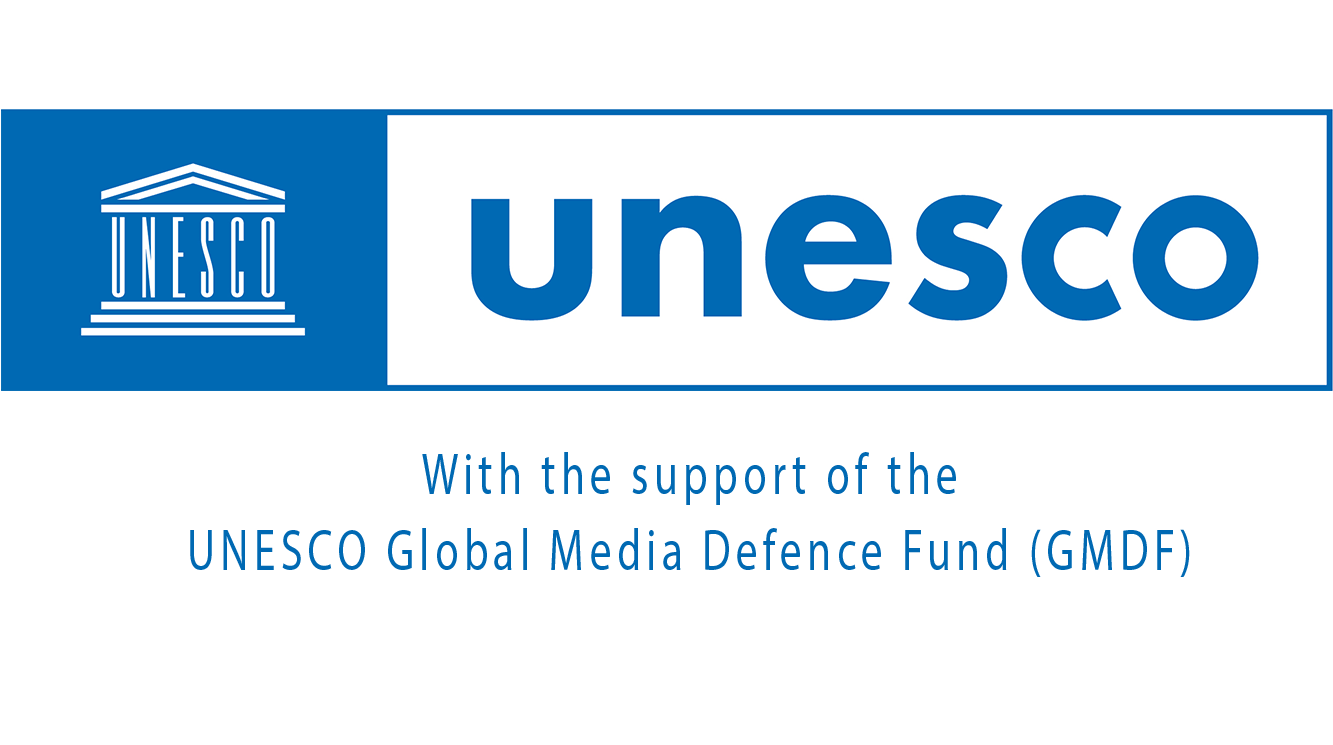
The designations employed and the presentation of material throughout this publication do not imply the expression of any opinion whatsoever on the part of UNESCO concerning the legal status of any country, territory, city or area or its authorities, or concerning the delimitation of its frontiers or boundaries. The authors are responsible for the choice and the presentation of the facts contained in this publication and for the opinions expressed therein, which are not necessarily those of UNESCO and do not commit the Organization.



